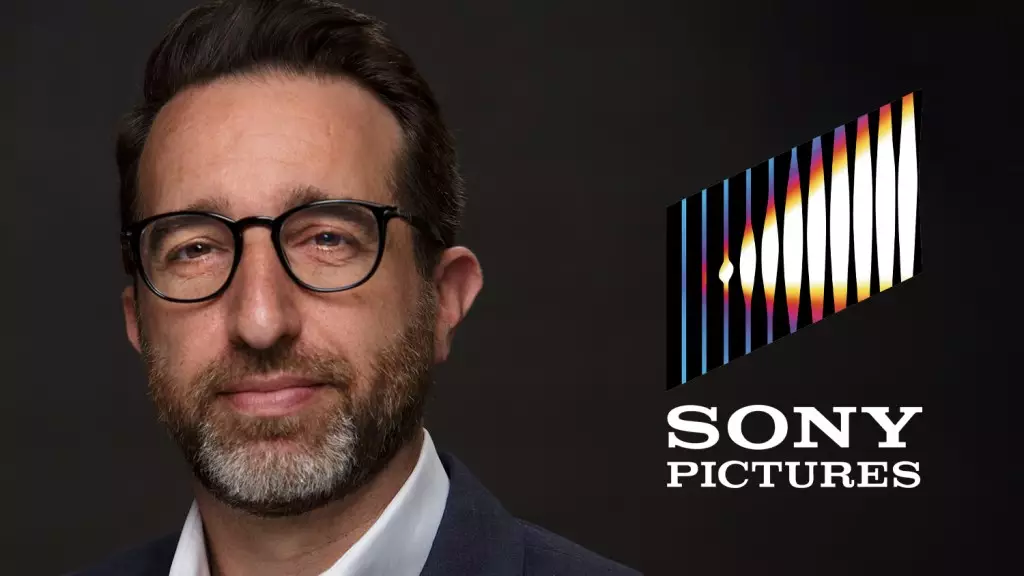The recent appointment of Ross Klein as Senior Vice President of Domestic Sales at Sony Pictures represents more than just a personnel change; it is a deliberate move that underscores Sony’s ambitious attempts to strengthen its foothold in a fiercely competitive distribution landscape. With over twenty years of industry experience, Klein’s extensive background at Paramount and other studios offers a blend of expertise and ambition. Yet, beneath this promising resume lies a broader narrative about the shifting power dynamics in Hollywood, where studios are increasingly relying on seasoned veterans to consolidate control and maximize profitability — often at the expense of smaller players and emerging creators.
Klein’s track record includes key roles in blockbuster distributions like *Top Gun: Maverick*, *Mission Impossible*, and *The Wolf of Wall Street*. These films not only generated massive revenues but also set benchmarks for theatrical success, especially at a time when the industry’s future is uncertain due to streaming and changing consumer habits. His move to Sony signals a clear intention: Sony is betting on Klein’s ability to leverage these blockbuster relationships and solidify its position domestically. This isn’t about nurturing new talent or innovating distribution methods; it’s about doubling down on proven strategies that prioritize existing blockbuster pipelines and control of the theatrical window.
Consolidation and Control — How Klein’s Hire Reinforces Industry Trends
The decision to bring Klein onboard reveals a broader pattern in the industry: studios are increasingly favoring experienced sales executives with a reputation for aggressive licensing strategies. Klein’s tenure at Paramount, where he oversaw a slate of hit films, equipped him with an understanding of how to maximize revenue from theatrical releases. His prior experience managing sales at The Weinstein Company and MGM further demonstrates a pattern of prioritizing profit-centric distribution. While this approach may seem pragmatic from a business perspective, it raises significant concerns about creativity, competition, and consumer choice.
For Sony, Klein’s appointment is not only about boosting domestic sales; it’s about ensuring tight control over distribution pipelines, sidelining newer, potentially disruptive distribution models. The film industry is at a crossroads, with digital-first platforms challenging traditional theatrical distribution. Hiring a veteran like Klein indicates a strategic move to tighten control before others move into the arena, essentially rigidifying the existing power structures and leaving less room for innovative, independent distribution efforts.
Implications for the Industry and the Future of Film
This move also exposes a deeper philosophical dilemma: does relying on industry veterans like Klein reflect a commitment to stability and proven success, or does it reveal a reluctance to adapt to the seismic shifts transforming the entertainment landscape? While Klein’s experience brings strategic advantages, it also entrenches a traditionalist mindset that resists disruption. By consolidating distribution expertise within familiar corridors, Sony risks alienating emerging creators and smaller studios pushing for alternative pathways.
Ultimately, Klein’s appointment should be viewed through a critical lens. It epitomizes the industry’s obsession with control, efficiency, and short-term profitability over innovation and diversity. The truth is, the future of film depends not just on who can sell the most tickets but on fostering a more competitive, creative ecosystem — something that may be compromised if studios continue to rely on familiar faces and strategies rooted in the past.

